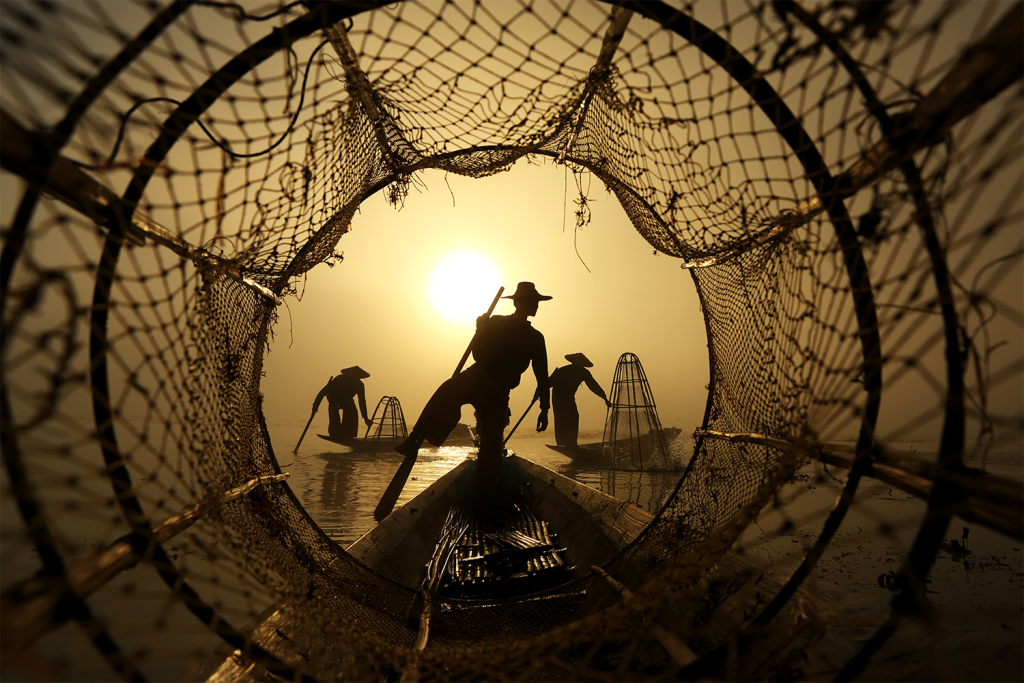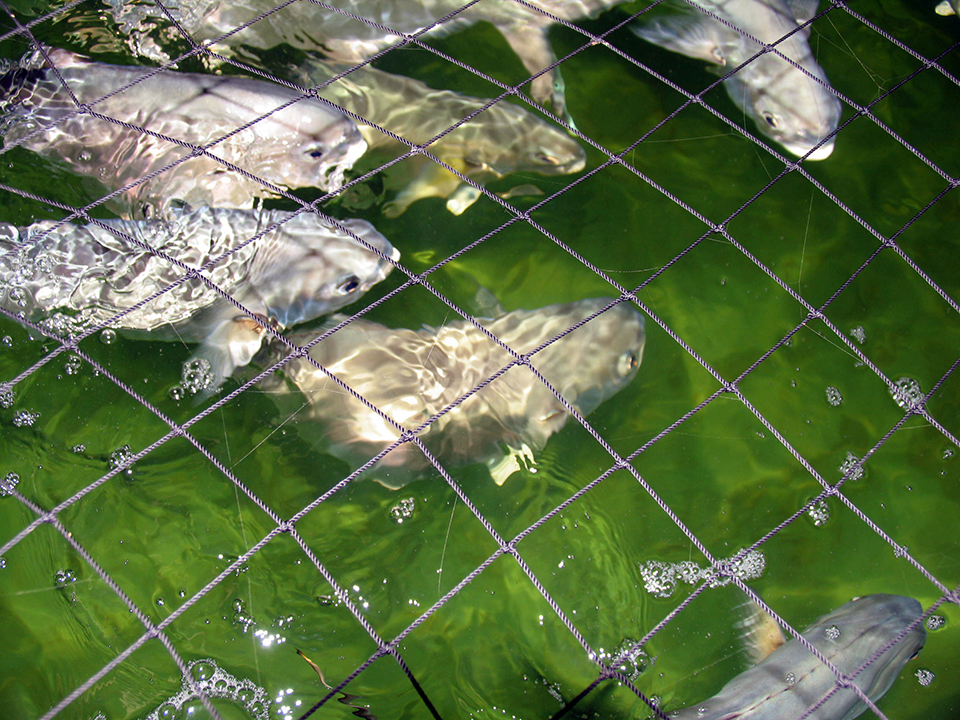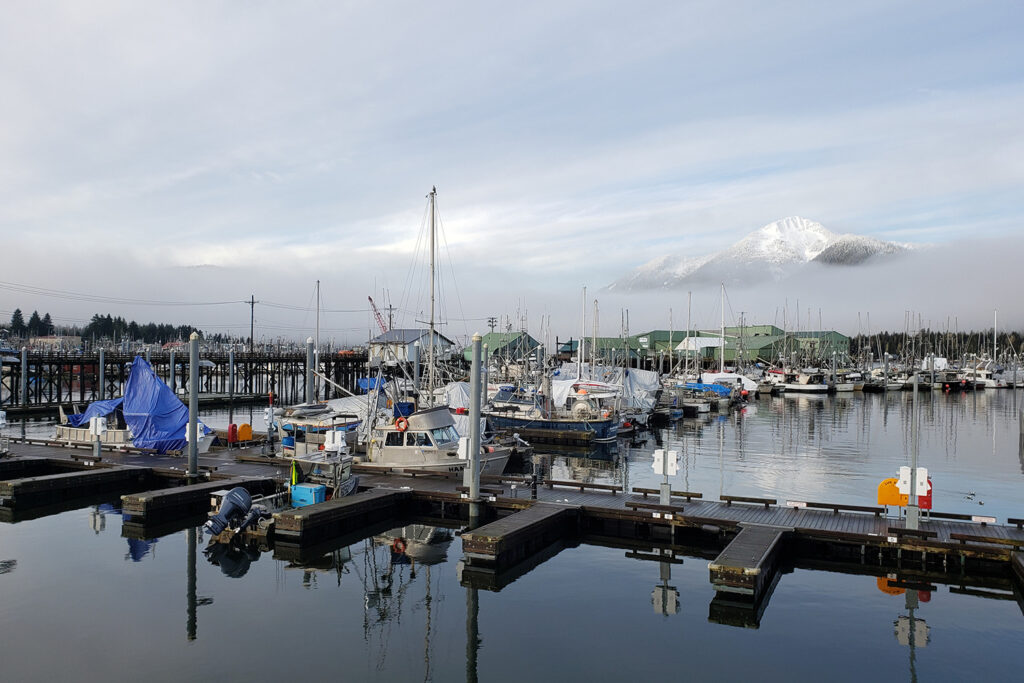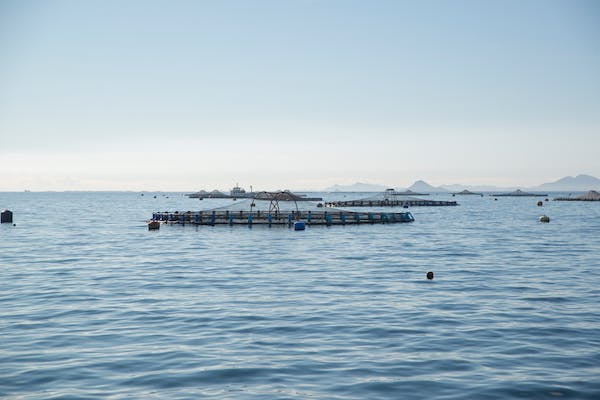With ‘careful consideration,’ policies can enhance benefits and minimize conflict between aquaculture and small-scale fisheries

A new study from Stanford University explores how investments in the aquaculture industry can affect small-scale fisheries, and how policy changes can help support jobs, equity and sustainability in this area.
The study, which was published in npj Ocean Sustainability, concludes that policies that establish clear and equitable rights and access, reduce market competition and mitigate risks from climate change can enhance benefits and minimize conflict between aquaculture and small-scale fisheries.
“Many governments are promoting and investing in the development of aquaculture because of its huge potential in supporting food security and livelihood goals,” said Elizabeth Mansfield, lead researcher. “But without careful consideration, such development could hinder critical small-scale fisheries.”
The research team analyzed 46 diverse case studies from 30 countries to identify interactions that generate positive environmental, social or economic outcomes, as well as those resulting in trade-offs and negative impacts for small-scale fisheries.
“One positive example was seaweed farming in Alaska,” said Mary Ruckelshaus, co-author and executive director of the Stanford-based Natural Capital Project. “Fishers were included in aquaculture development and were able to engage in seaweed farming during the off-season of salmon fishing. A collaborative approach between aquaculture and small-scale fisheries allowed for positive outcomes for both sectors.”
The study investigated how access to resources, market and supply chain interactions, and risks from factors (like disease and climate change) could influence the outcomes of how aquaculture and small-scale fisheries interact. Additionally, it reveals strategies for decision-makers aiming to invest in both aquaculture development and sustainable and equitable small-scale fisheries.
As a key finding, more than half of the case studies highlighted social, economic or environmental benefits from the interaction between aquaculture and small-scale fisheries. However, in one-third of the case studies, trade-offs emerged. The most common trade-offs involved increased competition for customers and fishing grounds.
“The policy options modeled in the study often resulted in negative equity outcomes like women in small-scale fisheries being squeezed out of economic opportunities or aquaculture development compromising food production for local communities,” wrote the researchers. “This underscores the importance of policymakers engaging directly with and continuing to invest in the small-scale fisheries sector to better understand potential challenges and avoid unintended consequences.”
Now that you've reached the end of the article ...
… please consider supporting GSA’s mission to advance responsible seafood practices through education, advocacy and third-party assurances. The Advocate aims to document the evolution of responsible seafood practices and share the expansive knowledge of our vast network of contributors.
By becoming a Global Seafood Alliance member, you’re ensuring that all of the pre-competitive work we do through member benefits, resources and events can continue. Individual membership costs just $50 a year.
Not a GSA member? Join us.
Author
-
Responsible Seafood Advocate
[103,114,111,46,100,111,111,102,97,101,115,108,97,98,111,108,103,64,114,111,116,105,100,101]
Tagged With
Related Posts

Fisheries
Small-scale fisheries are ‘crucial’ to global food security – but can the sector satisfy the global demand for protein and nutrients?
FAO report underlines the vital role small-scale fisheries play in ensuring global food security and sustainable development.

Responsibility
Government policies key to aquaculture development
Government policy and regulation are great determiners of whether aquaculture succeeds. Despite the spending of millions of government dollars on research and extension services, aquaculture production in the United States is declining.

Responsibility
Are aquaculture and fisheries resilient enough to withstand climate change?
With most global seafood production vulnerable to the impacts of climate change, each sector faces unique adaptability obstacles and opportunities.

Responsibility
Study: Aquaculture sector needs more effective governance to be sustainable
Experts suggest five priority areas to guide economic, policy and environmental planning for the aquaculture sector.



